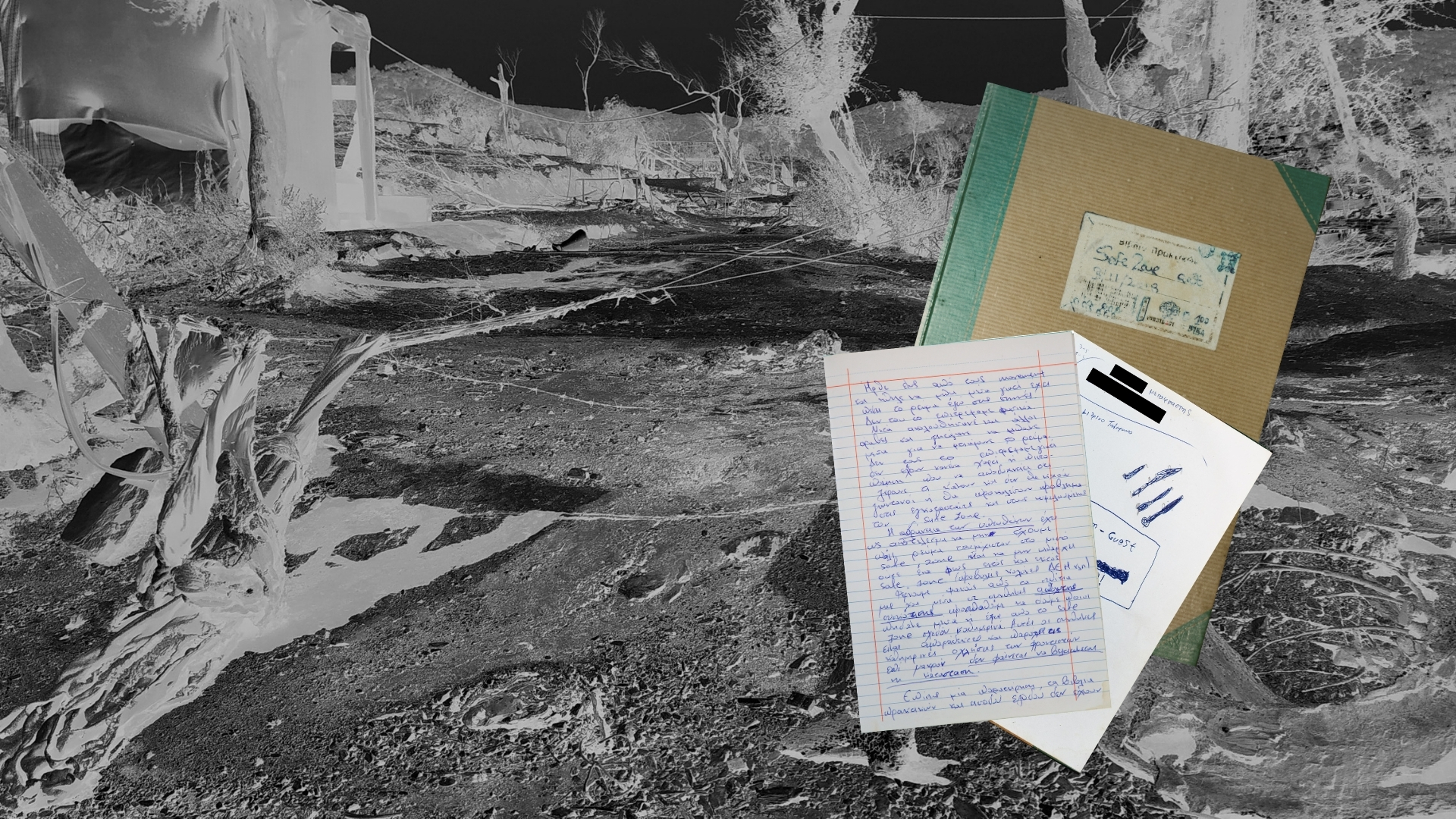An indisputable document reveals Moria’s horrors
When we got the news of the fire, we knew we had to return to the island.

When we got the news of the fire, we knew we had to return to the island.
Hey there,
On the evening of September 8th, ‘’the time bomb exploded’’ and multiple fires burned to the ground Moria camp in Lesvos, Europe’s most notorious refugee facility until that moment.
Solomon had covered extensively what reality looked like inside Moria, which was initially built for roughly 3,000 residents but often hosted five or six times its capacity.
We had reported on a previous fire, on March 16th 2020, that led to the death of a 6-year-old child; we had depicted newcomers’ feeling of insecurity and the minimum sense of normality that tandoors (Afghan traditional ovens) aimed to offer; we had explained how the EU-Turkey Joint Statement in 2016 resulted into trapping tens of thousands of asylum seekers in the Greek islands; and we had revealed why conditions inside Moria camp led ‘’with mathematical accuracy’’ to deaths and injuries.
When we got the news of the fire, though, we knew we had to return to the island.
In the aftermath of the fire, I travelled to Lesvos to report on the day after it for Solomon. And one afternoon, while walking around the seized camp, among destroyed tents, burnt materials, and stray cats that were looking for food, I found a notebook.
Its hardcover read ‘’safe zone’’. Safe zones are separated areas inside refugee facilities in Greece, in which unaccompanied minors live under supervision, while they wait to be transferred to other facilities in the mainland or other EU countries.
In theory, they are safer there. But this is not always the case. And this is what this logbook, signed by the personnel of Moria’s safe zone, confirms in a way that could not possibly be doubted: a reality rich of dangers for the minors.
Because this time, it is not one more damning media report about Moria’s misery but a first-hand, original account, written by the very people that were there to protect the most vulnerable residents of the camp, but often felt incapable of doing so.

When I got back to Athens, we began working on the logbook together with Iliana Papangeli, Solomon’s managing director.
We teamed up with great colleagues from Investigate Europe, a network of experienced journalists from eight European countries, and Reporters United, the first investigative journalism network in Greece.
Last year, the two networks cooperated in an investigation on minor migrants in Europe, which included Greece, and, later on, revealed Europe’s hypocrisy towards minor migrants.
With our colleagues, we went through a long verification process of the logbook, and managed to verify its authenticity through different factors. We also made sure to secure the anonymity of all individuals mentioned in its pages, both minors and employees.
We worked on this for weeks. We seeked questions from the Greek authorities (we didn’t get them) and from the International Organization of Migration, responsible for the safe zone at the time (we got them, but they didn’t say much), we worked more on it, and we are excited to publish our story today.
Besides publication on the websites of Solomon (in Greek and English), Investigate Europe (English) and Reporters United (Greek), the piece is today published also in openDemocracy (English), VICE Deutsch (German), and Publico (Portuguese), Investigate Europe’s media partners.
Investigate Europe’s Sindhuri Nandhakumar also hosts a podcast on the story of the notebook and its findings. You can listen to it here (if you can stand my bad English).
Our investigations need time, commitment, and effort. Projects like this often demand weeks of -usually sleepless- days and nights. We do enjoy it, but I won’t deny that we could do more with hiring some colleagues.
So if you like our work, if you consider our work on providing original, investigative reporting on refugees and migration in Greece important, and training young journalists into ethical reporting, please consider backing our Kickstarter campaign with the price that you choose.
Every Euro counts.
A nice community of about 100 members from all over the world is already taking shape through our campaign. Join our community, and help us continue our work.
Best,
Before you go, can you chip in?

Quality journalism is not of no cost. If you think what we do is important, please consider donating and becoming a reader who makes our work possible.